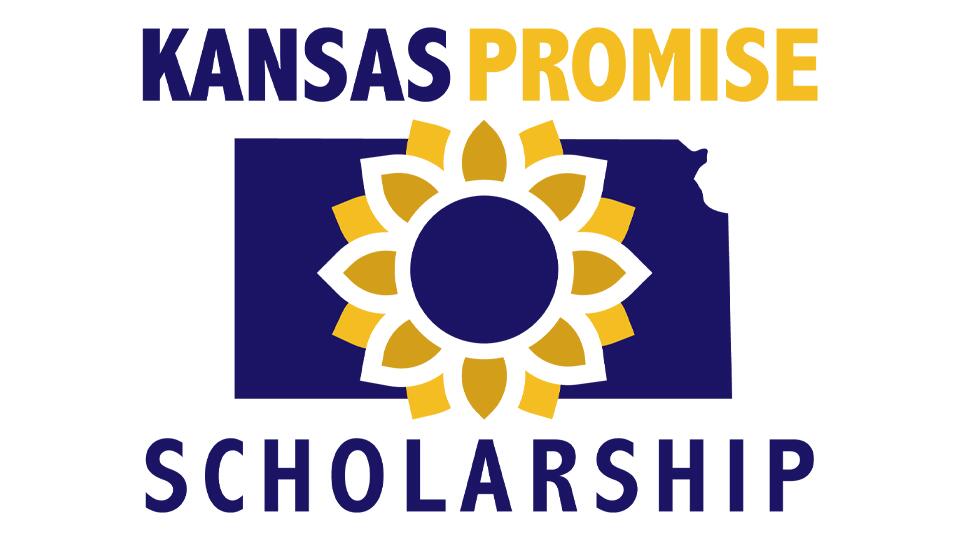Early Childhood Education
 The Early Childhood Education associate of applied science is a vocational program that prepares students for such careers as early childhood center administrators, preschool lead or assistant teachers, after school program coordinators, family home child care providers, and professional nannies.
The Early Childhood Education associate of applied science is a vocational program that prepares students for such careers as early childhood center administrators, preschool lead or assistant teachers, after school program coordinators, family home child care providers, and professional nannies.
Independence Community College’s two-year Associate of Applied Science Degree is a vocational program that prepares students with coursework in child development, educational methodologies for young children, children's literature and infant and toddler care.
The Practicum portion of the program offers students valuable hands-on experiences as they observe and demonstrate knowledge of developmental appropriate practices with children in a group setting.
The Early Childhood Education degree is a solid foundation for students wanting to obtain their teaching degree at a four-year college or university.
Early Childhood Education Program Outcomes - Associate of Applied ScienceUpon completion of this program, students will be able to:1. Connect Developmentally Appropriate Practice, curriculum methods and materials, including technology, to early learning standards2. Identify and demonstrate effective parenting strategies that focus upon feelings, behavior, and developmental needs3. Describe and demonstrate how children acquire language and literacy skills including methods used to support such through the environment, various interactions with children, and the use of children’s literature4. Identify the components of the child-centered learning environment and apply these to the development of weekly theme focus and integrated competency standard-based lesson plans which are DAP (developmentally appropriate practice.) The areas of integration will be in the subject areas of language and literacy, mathematics, science, social studies, music and dramatic play, art, and physical movement5. Describe the cultural, linguistic, and individual characteristics that affect the child’s development and learning in an early childhood setting6. Utilize the NAEYC Ethical Standards while observing, recording, and building relationships with children, families, and co-workers.
Early Childhood Education
|
Credit Hours |
|---|---|
First Semester: |
|
| English Composition I | 3 |
| Public Speaking or Interpersonal Communication | 3 |
| Child Health, Safety and Nutrition | 3 |
| General Psychology | 3 |
| Principles of Early Childhood Education | 3 |
| Term Total | 15 |
Second Semester: |
|
| English Composition II | 3 |
| Child Development | 3 |
| Creative Experiences for Young Children | 3 |
| Language and Literacy Experiences | 3 |
| Early Childhood Practicum I | 1 |
| Introduction to Sociology | 3 |
| Term Total | 16 |
Third Semester: |
|
| Teaching Children with Special Needs | 3 |
| Music for Elementary School's | 3 |
| Early Childhood Practicum II | 2 |
| Parenting | 3 |
| Art Appreciation | 3 |
| Term Total | 14 |
Fourth Semester: |
|
| Infant and Toddler Education and Care | 3 |
| Early Childhood Administration | 3 |
| Early Childhood Practicum III | 3 |
| Early Childhood Curriculum Planning | 3 |
| Observing and Interacting with Children | 3 |
| Term Total | 15 |
Total |
60 |
Early Childhood Education Program Outcomes - CertificateUpon completion of this certificate, students will be able to:1. Connect Developmentally Appropriate Practice, curriculum methods and materials, including technology, to early learning standards2. Identify and demonstrate effective parenting strategies that focus upon feelings, behavior, and developmental needs3. Describe and demonstrate how children acquire language and literacy skills including methods used to support such through the environment, various interactions with children, and the use of children’s literature4. Identify the components of the child-centered learning environment and apply these to the development of weekly theme focus and integrated competency standard-based lesson plans which are DAP (developmentally appropriate practice.) The areas of integration will be in the subject areas of language and literacy, mathematics, science, social studies, music and dramatic play, art, and physical movement
*See Courses that meet General Education Graduation Requirements for a list of courses meeting the math/science, arts/humanities, and social/behavioral science requirements.
Early Childhood Education (ECE) Degree: Certificate
First Semester |
Credit Hours |
| Child Health, Safety and Nutrition | 3 |
| Principles of Early Childhood Education | 3 |
| Teaching Children with Special Needs | 3 |
| Early Childhood Administration | 3 |
| Term Total | 15 |
Second Semester |
Credit Hours |
| Creative Experiences for Young Children | 3 |
| Language and Literacy Experiences | 3 |
| Infant and Toddler Education and Care | 3 |
| Early Childhood Curriculum Plannign | 3 |
| Observing and Interacting with Children |
3 |
| Term Total | 15 |
TOTAL: |
30 credit hours |
This site provides information using PDF, visit this link to download the Adobe Acrobat Reader DC software.


